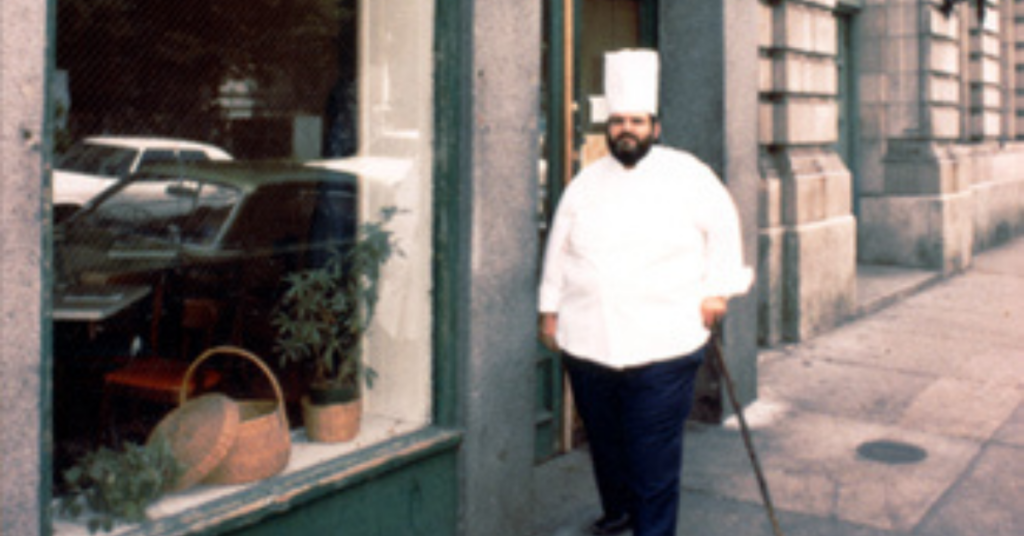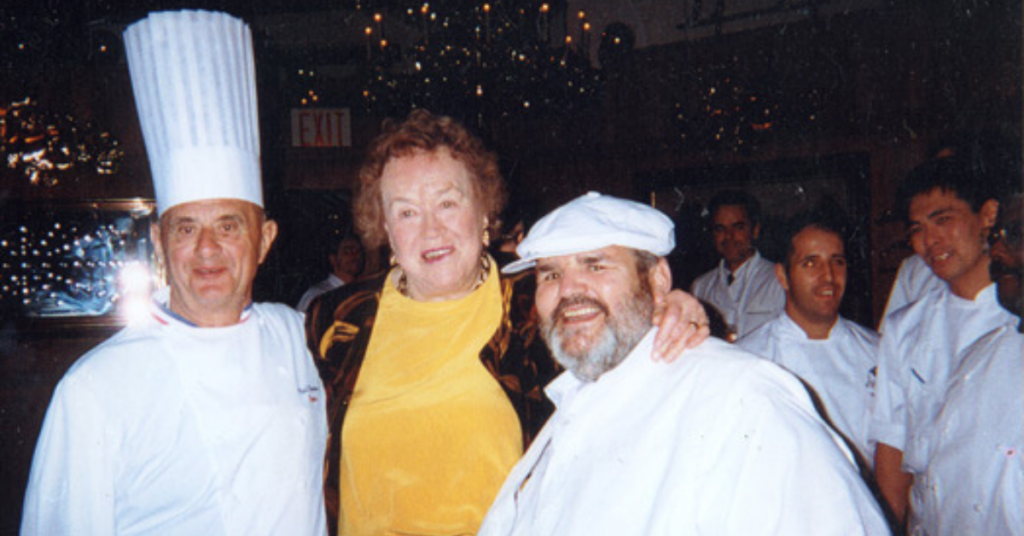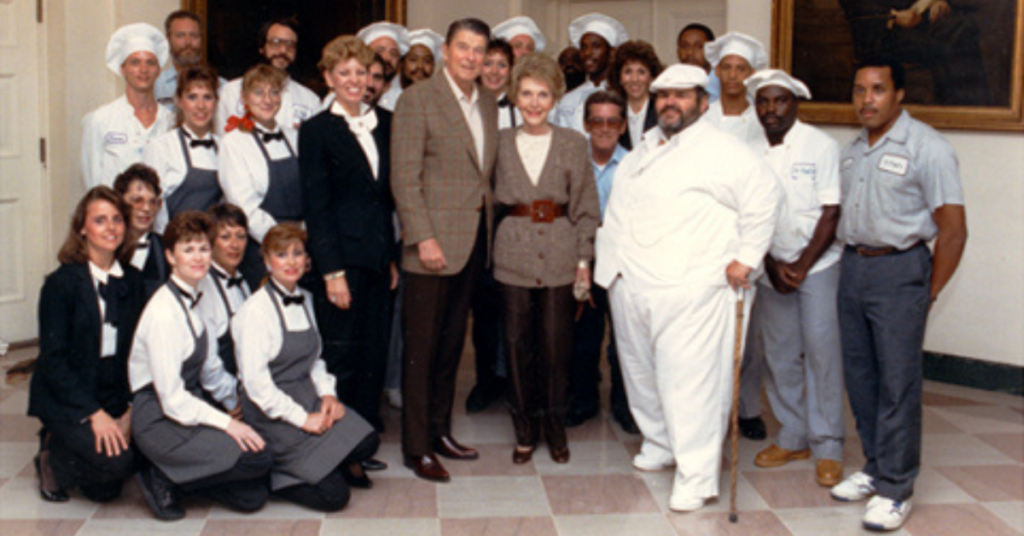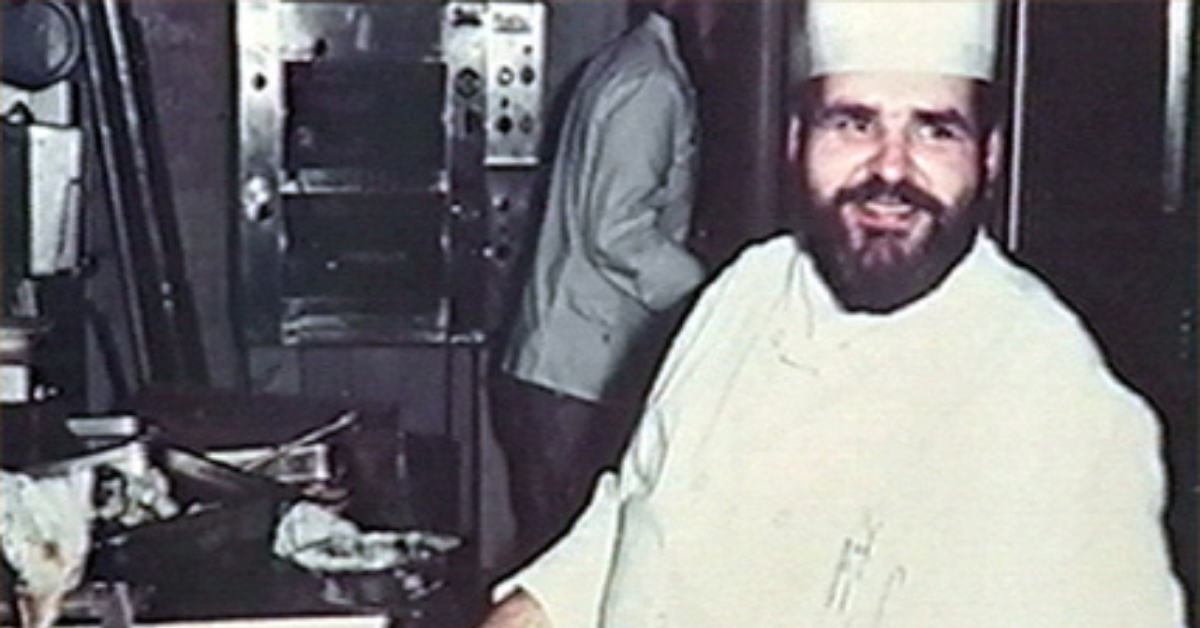A Humble Beginning in Cajun Country
In the heart of Cajun country, nestled among the rice fields and bayous of Opelousas, Louisiana, a culinary legend was born. Paul Prudhomme, the youngest of 13 children in a sharecropper’s family, entered the world in 1940 with nothing but the rich flavors surrounding his heritage. Little did anyone know that this baby boy would grow up to revolutionize American cuisine and put Cajun cooking on the global map.
Life on the Prudhomme farm was far from easy, but it was rich in ways that would later prove invaluable to young Paul. The family lived off the land, bartering their harvest for essentials and making do with what nature provided. It was here, amid the steam of his mother’s kitchen and the earthy scent of freshly dug yams, that Paul’s culinary education began.

Early Lessons in the Kitchen
By the tender age of seven, with his older sisters married and gone, he found himself as his mother’s right-hand man in the kitchen, learning the secrets of Cajun cooking that would later become his trademark.
The Prudhomme kitchen was a place of magic and necessity. As Paul’s siblings prepared for the town dance every Friday night, his mother would whip up enormous pots of jambalaya and gumbo. These weren’t just meals; they were acts of love designed to nourish and comfort her children and their friends when they returned home in the wee hours. In watching his mother transform a couple of old hens into a feast for a dozen, Paul learned the art of culinary alchemy – turning humble ingredients into something extraordinary.

From Farm to Table: The Prudhomme Philosophy
But it wasn’t all about cooking. The Prudhomme family’s connection to the land ran deep. Paul’s father grew everything from corn to sugar cane, teaching his children the value of fresh, homegrown ingredients. They’d take their corn to the local miller for grits and cornmeal, and their sugar cane to be turned into syrup.
These experiences instilled in Paul a profound respect for ingredients and their origins – a philosophy that would later become a cornerstone of his culinary approach. As we’ll see, these early years in Opelousas didn’t just shape Paul’s palate; they laid the foundation for a revolution in American cooking.



